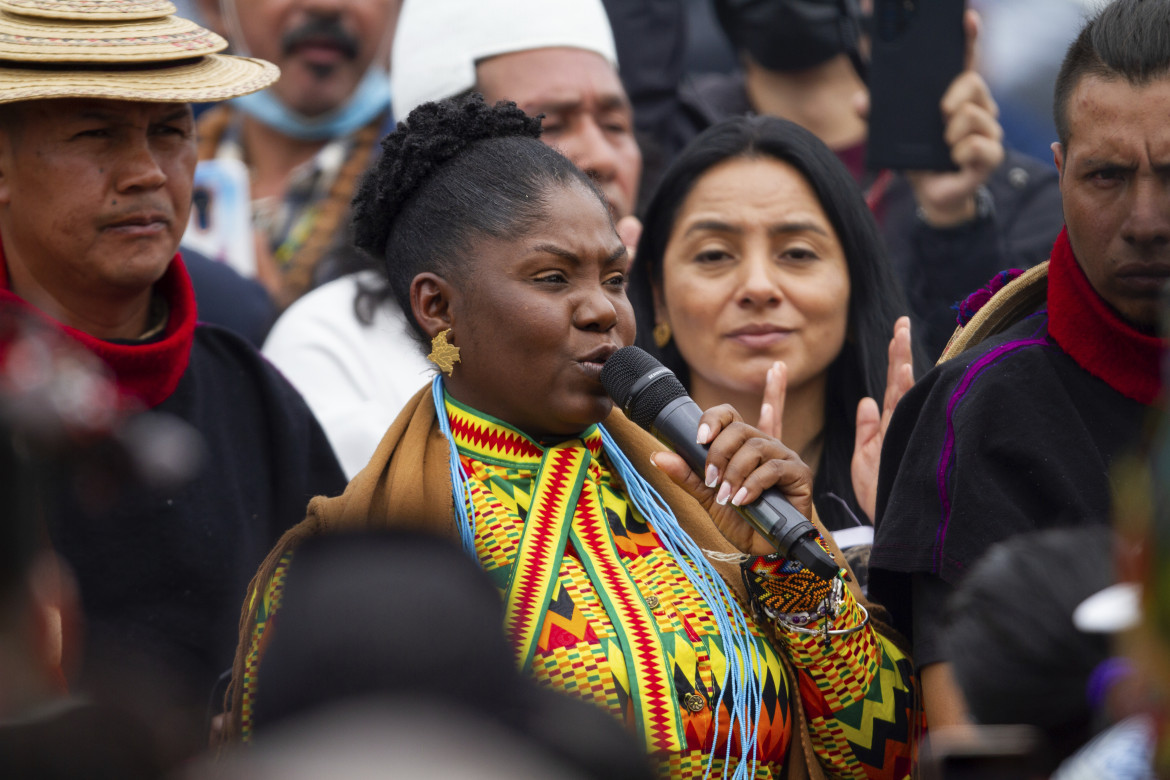Analysis
In Colombia, a ministry that affirms the right to equality
The new administration’s proposal brings intersectionality to the promise of equal opportunity, going beyond most equal rights schemes in the world. The priority of the new ministry would be the protection of the rights of women and the most vulnerable sections of the population.

“To bring back equality to all people in Colombia, so that dignity becomes something they’re used to” – this was the goal set out on Tuesday by President Gustavo Petro and Vice President Francia Márquez in their speech before Congress as they introduced the bill to establish the Ministry of Equality and Equity.
This is the first step by the Colombian government towards creating the new Ministry of Equality and Opportunity, to be approved by Congress, whose portfolio will be held by the vice president and whose task will be to guarantee the rights of traditionally excluded populations, adopting the criterion of intersectionality. It was a promise made on the campaign trail, which was brought before Parliament in the first 100 days of government, to consolidate the path towards Colombia as a “World Power of Life,” where “Vivir sabroso” (“Living joyfully”), in Márquez’s words, will mean that people can “live without fear.” And it reaffirms the “Total Peace” strategy launched by Petro to combat poverty and social marginalization, because the armed conflict that has gripped the country for decades has produced only misery and death.
The object of the new ministry will be to “adopt, coordinate and execute policies to promote the elimination of economic, political and social inequalities; foster the right to equality; and enforce the principle of non-discrimination.” Its scope will cover all the country’s most vulnerable population groups: women, the LGBTQI community, Afro-descendant and indigenous peoples, peasants, children, adolescents and the elderly, people in extreme poverty, victims of violence, people with disabilities, homeless people and migrants.
Guaranteeing women’s rights and the full protection of women will be the first task of the new ministry, Petro stressed. It aims at “full equality” of women and men, because inequality is the main problem and equality represents “the right path to take for Colombian society to overcome violence and lack of democracy.”
In Europe, the prohibition against any kind of discrimination is in Article 21 of the EU Charter of Fundamental Rights. In Italy, the first Ministry of Equal Opportunities was born in 1996, led by Anna Finocchiaro. In Spain, one had to wait until the government of José Luis Rodríguez Zapatero for a similar ministry to be created, in 2018, led by Bibiana Aído. The latter’s responsibilities have been similar to those of the Italian ministry, with a predominantly focus on women; but it has been evolving over time, and currently, under Minister Irene Montero, the Spanish Ministry is focusing on the rights and safeguards of both women and the LGBTQI community. In France, since 1974, the French government has included women’s rights in the portfolio for various ministries, and they are now under the purview of the Minister for Equal Opportunities, led by Elisabeth Moreno since 2020.
The main novelty of the ministry being set up in Colombia, compared to the developments in the abovementioned European countries, can be found in its transversal character: in the context of South America, the recognition of women’s multiple positions in hierarchies defined in terms of gender, ethnicity, and social condition makes it possible to envision equality policies that are not limited to one particular group, but aimed at all the various population groups that are being discriminated against in different ways. This is possible because in Colombia, as in Chile or in Iran, women have been, and are, at the forefront of the processes and movements bringing general transformation to society.
Originally published at https://ilmanifesto.it/in-colombia-un-ministero-che-afferma-il-diritto-alluguaglianza on 2022-10-21
